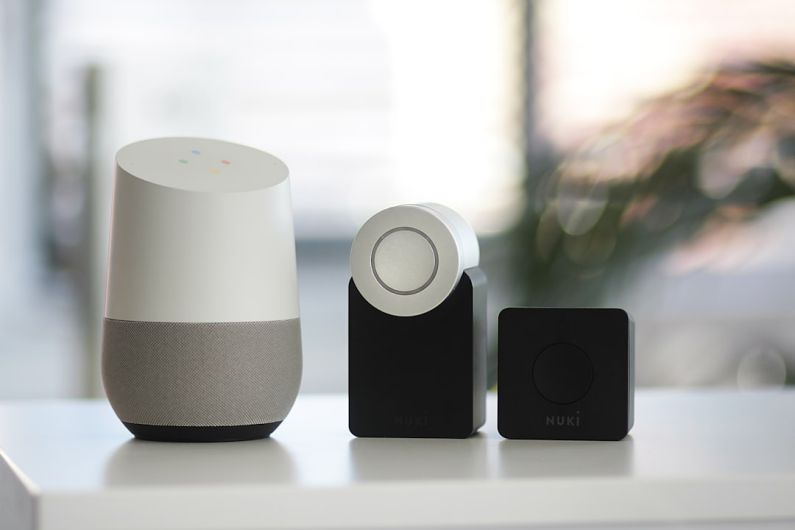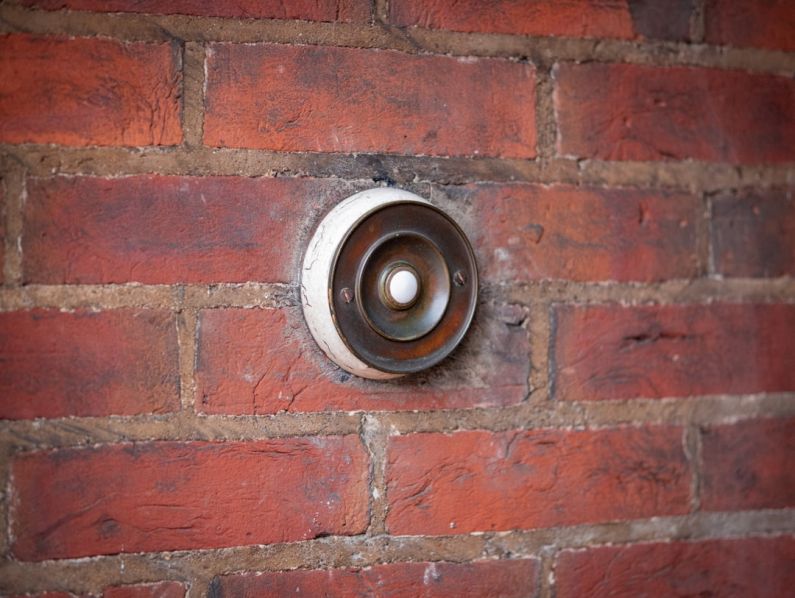How to Choose the Right Smart Home Hub for Your Needs?
With the rise of smart home technology, more and more people are looking to control their homes with the touch of a button. Smart home hubs have become an essential part of this revolution, acting as the central control system for all your smart devices. But with so many options available, how do you choose the right smart home hub for your needs? In this article, we will guide you through the process, helping you make an informed decision.
Assess Your Smart Home Needs
Before diving into the world of smart home hubs, it’s important to first assess your smart home needs. Take a moment to think about the devices you already have or plan to have in your home. Do you have security cameras, smart thermostats, or voice-controlled speakers? Understanding your needs will help you choose a hub that is compatible with your existing devices and can support future expansions.
Consider Compatibility
Compatibility is a crucial factor to consider when choosing a smart home hub. Not all hubs work with every smart device on the market, so it’s important to ensure compatibility before making a purchase. Look for hubs that support a wide range of protocols, such as Z-Wave, Zigbee, and Wi-Fi, as these are the most commonly used in smart home devices. Additionally, check if the hub is compatible with popular voice assistants like Amazon Alexa or Google Assistant if voice control is important to you.
Evaluate Ease of Use
When it comes to smart home hubs, ease of use is key. Look for hubs that offer a user-friendly interface and intuitive controls. Some hubs even come with mobile apps that allow you to control your smart devices remotely. Consider your level of technical expertise and choose a hub that matches your comfort level. If you’re a tech-savvy individual, you may prefer a hub with advanced customization options. On the other hand, if you’re a beginner, a hub with simple setup and plug-and-play functionality might be more suitable.
Compare Connectivity Options
Connectivity options are another important aspect to consider when choosing a smart home hub. Some hubs require a wired connection to your router, while others offer wireless connectivity options. Wireless hubs provide flexibility, allowing you to place the hub anywhere in your home without the need for additional wiring. However, wired hubs generally offer faster and more reliable connectivity. Consider your home layout and internet setup to determine which connectivity option is best for you.
Research Additional Features
Beyond basic functionality, smart home hubs often come with additional features that can enhance your smart home experience. Some hubs offer built-in voice assistants, allowing you to control your devices using voice commands without the need for a separate speaker. Others may include features like energy monitoring or advanced automation capabilities. Take the time to research the additional features offered by different hubs and choose the ones that align with your preferences and lifestyle.
Consider Long-Term Support
Lastly, consider the long-term support offered by the hub manufacturer. Smart home technology is constantly evolving, and you want to choose a hub that will receive regular updates and support new devices as they become available. Look for manufacturers with a good track record of supporting their products and providing timely software updates. This will ensure that your smart home hub remains compatible with the latest devices and features for years to come.
In conclusion, choosing the right smart home hub involves assessing your needs, considering compatibility, evaluating ease of use, comparing connectivity options, researching additional features, and considering long-term support. By taking these factors into account, you can make an informed decision and find a smart home hub that meets your specific requirements. So, go ahead and start building your smart home with confidence!






